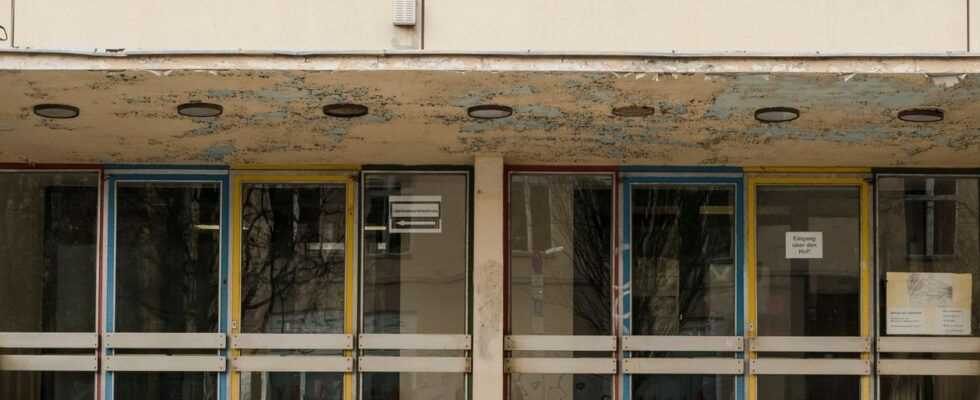The letter from the politician will be read to the children before the observation of a minute of silence. A strong and meaningful text, read to remember an event that is terribly lacking.
The atmosphere will be particularly heavy as we go back to school in November. The shadow of the coronavirus still hangs of course, with a reinforced health protocol, but students and teachers across the country will also have to observe a minute of silence at 11 a.m., in tribute to Samuel Paty, a brutally murdered history and geography teacher by a terrorist on October 16.
In each of the classes in France, before this time of meditation, a letter from Jean Jaurès will be read addressed "to the teachers". Written in 1888, when he was only 29 years old and the youngest member of Parliament in France, this text contributed to the creation of the public school. There she is :
Jean Jaurès, La Dépêche, journal de la democratie du midi, January 15, 1888.
To Teachers
You hold the intelligence and soul of children in your hands; you are responsible for the homeland. Children in your care will not only have to write and decipher a letter, read a sign on a street corner, add and multiply. They are French and they must know France, its geography and its history: its body and its soul. They will be citizens and they must know what a free democracy is, what rights confers on them, what duties the sovereignty of the nation imposes on them. Finally they will be men, and they must have an idea of man, they must know what is the root of all our miseries: selfishness in multiple forms; what is the principle of our greatness: pride united with tenderness.
They must be able to picture to themselves in broad outline the human species taming little by little the brutalities of nature and the brutalities of instinct, and that they disentangle the main elements of this extraordinary work which is called civilization. . We must show them the greatness of thought; we must teach them respect and worship of the soul by awakening in them the feeling of the infinite which is our joy, and also our strength, because it is through it that we will triumph over evil, darkness and of death.
What! All this to children! – Yes, all that, if you don't want to just make spelling machines. I know what the difficulties of the task are. You keep your schoolchildren for a few years and they are not always diligent, especially in the countryside. They forget the little they learned about the summer in the winter. They often have, on leaving school, deep relapses of ignorance and laziness of mind, and I would pity those of you who have great ambition for the education of the children of the people, if this great ambition did not require great courage. […]
Knowing how to read well, the schoolboy, who is very curious, would very quickly, with seven or eight books chosen, an idea, very general, it is true, but very high on the history of the human species, on the structure of the world, of the earth's own history in the world, of France's own role in humanity. The master must intervene to help this first work of the mind; he doesn't have to say a lot, he doesn't have to do long lessons; it suffices that all the details he gives them clearly add up to an overall picture. From what we know from primitive man to man today, what a prodigious transformation! and how easy it is for the teacher, in a few lines, to make the child feel the incredible effort of human thought! […]
So I say to teachers, to summarize: when on the one hand you have taught children to read thoroughly, and when on the other hand, in a few familiar and serious talks, you have spoken to them about the great things that interest thought and human conscience, you will have done without difficulty in a few years the complete work of educators. In every intelligence there will be a peak, and much will change on that day.
